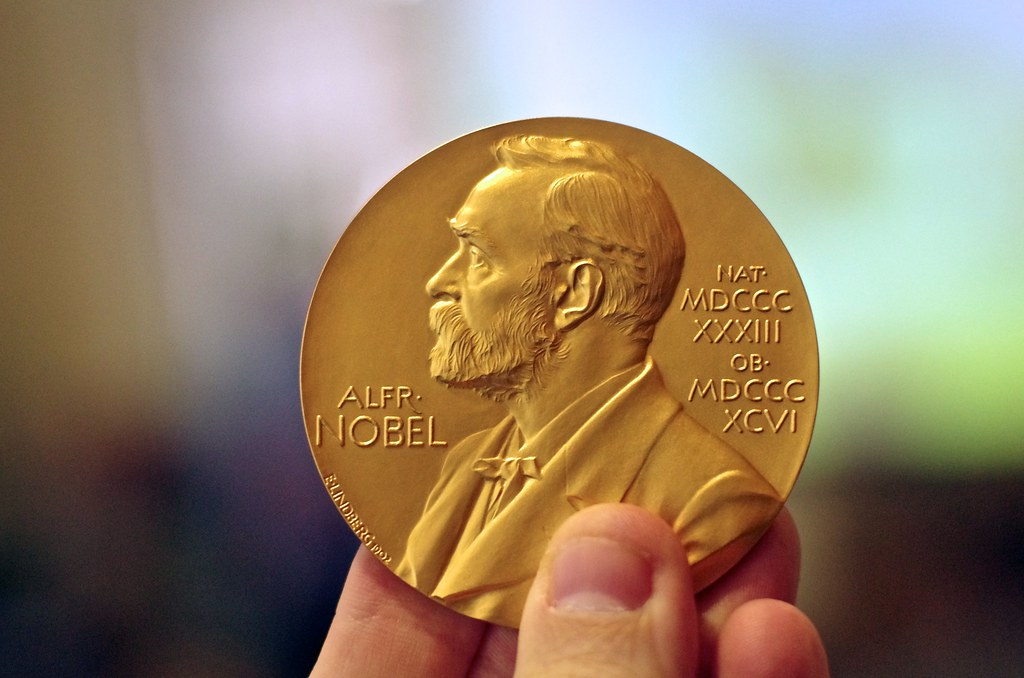What Ever Happened to the Mysterious Nobel Prize Sperm Bank?
By Anna Silman,
The Cut
| 08. 01. 2019
Yesterday, the New York Times published a story about alleged sex trafficker and cartoon villain Jeffrey Epstein’s plan to “seed the human race with his DNA” by impregnating 20 women at once at his New Mexico ranch. According to one scientist, he got his idea from the Repository for Germinal Choice, a sperm bank that was designed to collect the sperm of Nobel Prize winners in order to fill the world with their genius offspring.
Wait — what?
While it sounds like something out of the movie Gattaca, the “Nobel Prize Sperm Bank” really was operational for 20 years, from 1979 to 1999, and based in Escondido, California. It was founded by the multimillionaire optometrist and inventor Robert Graham, an admirer of eugenics who believed the human race was getting progressively dumber and that the only way to stop it was by filling the world with the genetic descendants of Nobel Prize winners. As part of his utopian vision (or dystopian vision, depending on how you look at it), he also planned to recruit only married heterosexual...
Related Articles
By Scott Solomon, The MIT Press Reader | 02.12.2026
Chris Mason is a man in a hurry.
“Sometimes walking from the subway to the lab takes too long, so I’ll start running,” he told me over breakfast at a bistro near his home in Brooklyn on a crisp...
By Diaa Hadid and Shweta Desai, NPR | 01.29.2026
MUMBRA, India — The afternoon sun shines on the woman in a commuter-town café, highlighting her almond-shaped eyes and pale skin, a look often sought after by couples who need an egg to have a baby.
"I have good eggs,"...
By George Janes, BioNews | 01.12.2026
A heart attack patient has become the first person to be treated in a clinical trial of an experimental gene therapy, which aims to strengthen blood vessels after coronary bypass surgery.
Coronary artery bypass surgery is performed to treat...
By Staff, ScienceDaily | 01.05.2026
Scientists at UNSW Sydney have developed a new form of CRISPR technology that could make gene therapy safer while also resolving a decades-long debate about how genes are switched off. The research shows that small chemical markers attached to DNA
...




